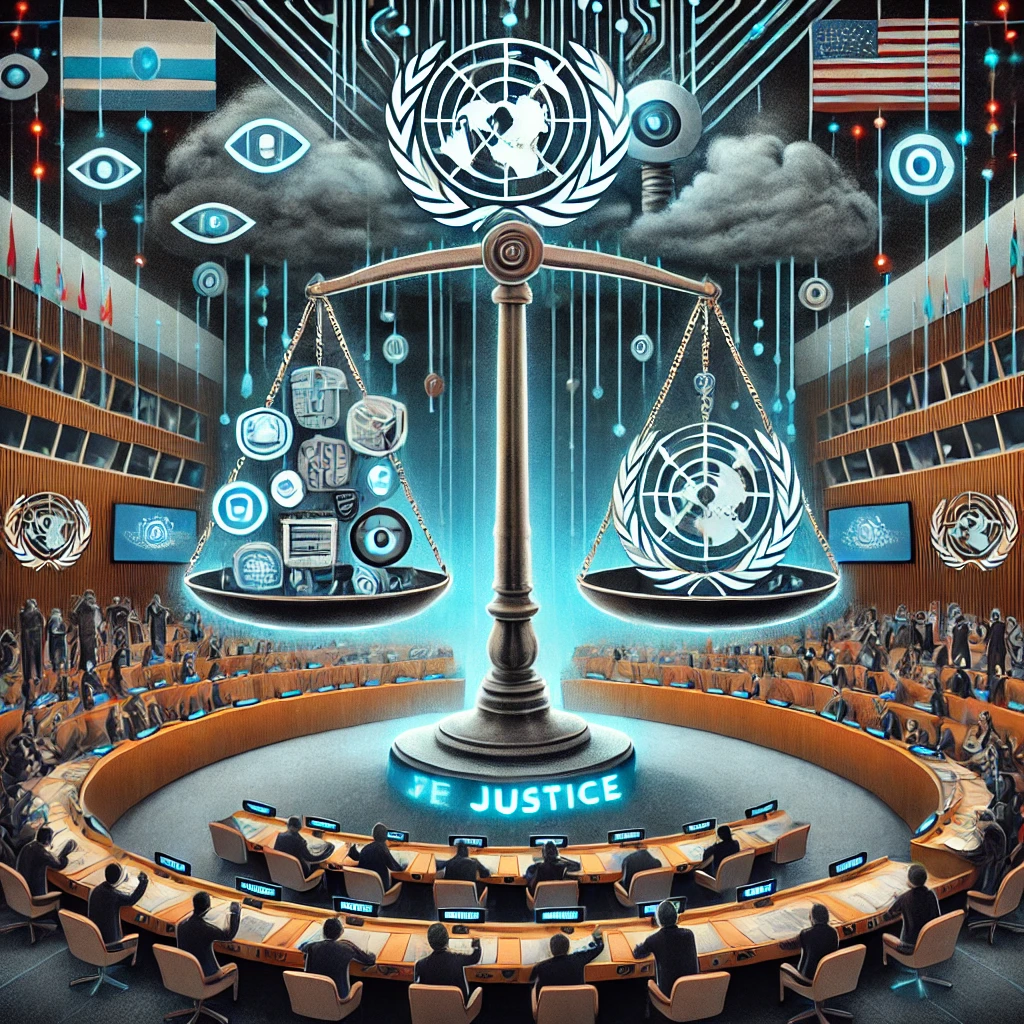Controversy Surrounds New UN Cybercrime Treaty Amidst Human Rights Concerns
New York, NY - August 11, 2024 - A proposed United Nations Cybercrime Treaty, set to be adopted later this year, has ignited a heated debate among human rights activists and civil society organizations. While the treaty aims to establish a global framework for combating cybercrime, over 100 advocacy groups have voiced concerns that it could be misused by governments to suppress dissent and infringe on civil liberties.
The Objectives of the Cybercrime Treaty
The new UN Cybercrime Treaty is intended to address the growing threat of cybercrime on a global scale. As cyberattacks become increasingly sophisticated and widespread, there is a pressing need for international cooperation to tackle issues such as hacking, identity theft, and digital fraud. The treaty seeks to standardize laws across countries, facilitating cross-border investigations and prosecutions of cybercriminals.

Supporters of the treaty argue that a unified approach to cybercrime is essential for maintaining global security in the digital age. By harmonizing legal frameworks, the treaty would enable countries to more effectively collaborate in tracking and prosecuting cybercriminals who operate across national boundaries. This is particularly crucial as the internet continues to evolve, creating new opportunities for criminal activity.
Concerns Over Civil Liberties and Privacy
Despite its objectives, the treaty has been met with significant opposition from human rights groups and civil society organizations. Critics warn that the broad language of the treaty could be exploited by authoritarian regimes to crack down on free speech, monitor online activities, and suppress political dissent. The lack of clear safeguards to protect individual rights has raised alarm among these groups.
According to Global Issues, over 100 organizations have signed a joint statement urging the UN to reconsider the treaty in its current form. They argue that the treaty, while well-intentioned, could potentially lead to violations of privacy and freedom of expression. The concern is that governments could use the treaty's provisions to justify surveillance and censorship under the guise of combating cybercrime.
A key point of contention is the treaty's potential impact on encryption technologies. Privacy advocates fear that the treaty could pave the way for mandatory backdoors in encryption software, undermining the security of digital communications. This, they argue, would leave individuals and businesses vulnerable to cyberattacks and state-sponsored surveillance.
The Broader Implications
The debate over the UN Cybercrime Treaty underscores the tension between the need for global cybersecurity and the protection of individual rights in the digital age. As countries grapple with the challenge of regulating the internet, there is a growing concern that efforts to enhance security could come at the cost of civil liberties.
The controversy also highlights the complexities of international lawmaking in the digital era. Crafting a treaty that balances the demands of security with the need to protect human rights is a daunting task, particularly in a world where governments have vastly different approaches to issues like privacy, freedom of speech, and state surveillance.
For more detailed analysis on the implications of the UN Cybercrime Treaty, visit Global Issues and Amnesty International.
Conclusion
As the UN moves closer to adopting the new Cybercrime Treaty, the debate over its potential impact continues to intensify. While the treaty aims to address critical challenges in the fight against cybercrime, the concerns raised by human rights activists cannot be overlooked. The ongoing discussions reflect the broader struggle to find a balance between enhancing global security and safeguarding the rights and freedoms that are fundamental to democratic societies. As the digital landscape continues to evolve, this debate is likely to shape the future of global governance in the online world.
